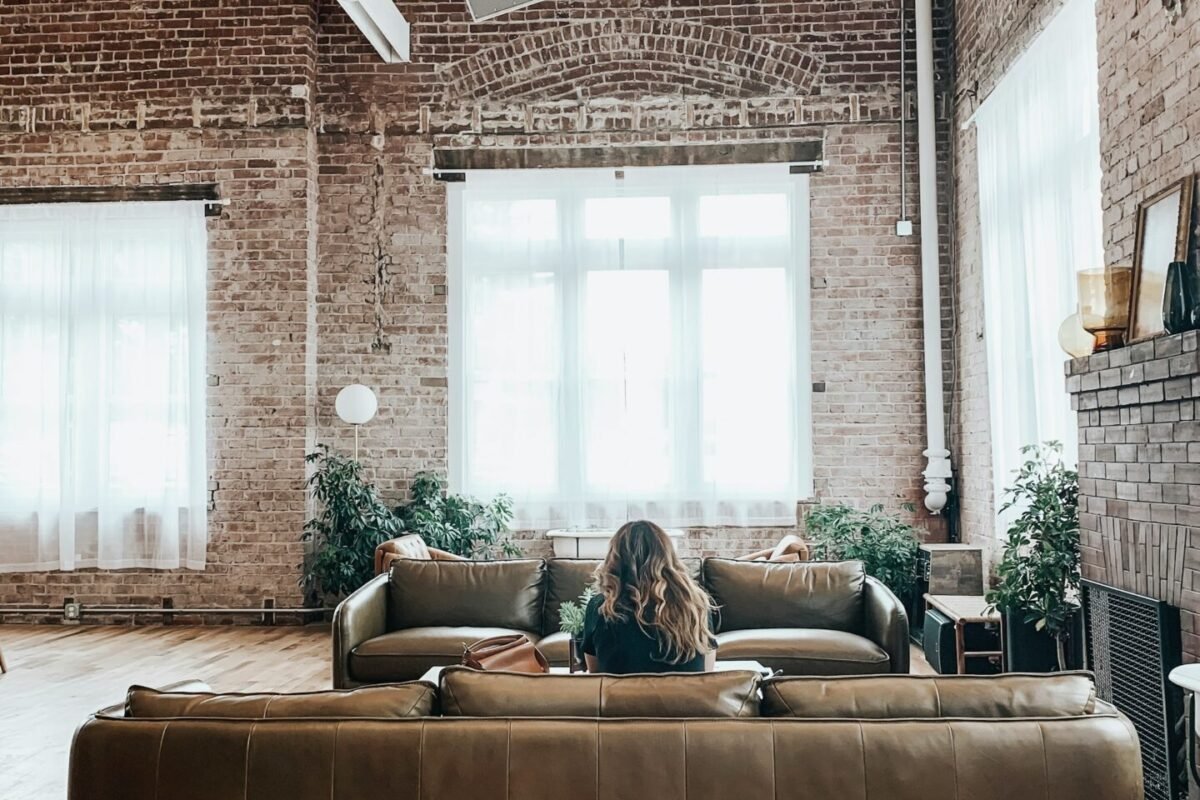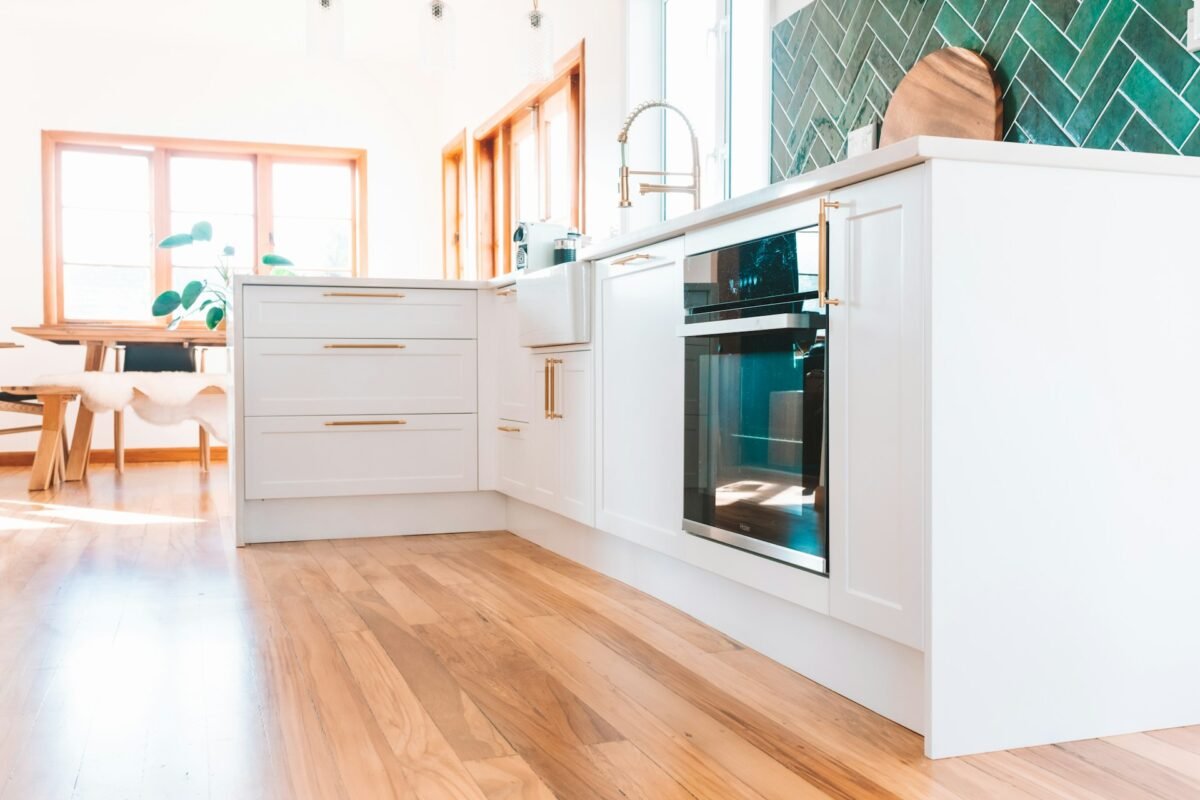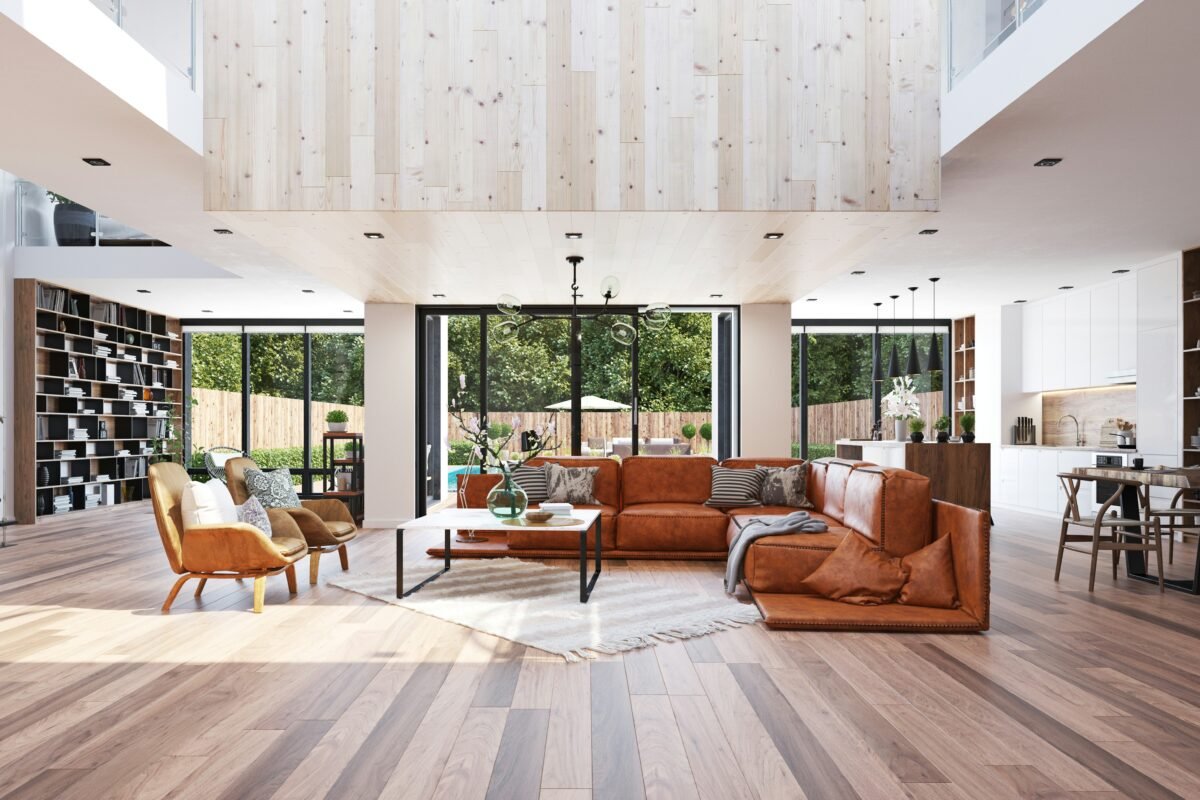What if the perfect flooring existed—one that looked just like natural hardwood or stone but was easier to care for, budget-friendly, and tough enough for busy households? That’s exactly why so many homeowners are turning to luxury vinyl flooring. It’s quickly becoming a top choice for families, DIY enthusiasts, and home remodelers who want a beautiful, long-lasting floor without the upkeep or cost of traditional materials.
At Floors & Beyond, we’ve seen firsthand how luxury vinyl has transformed homes across Texas. From new builds to renovations, this flooring is making waves, and for good reason. Let’s break down why so many homeowners are raving about it—and why it might be the best choice for your next flooring project.
Looks That Impress Without the Hassle
Luxury vinyl flooring isn’t the vinyl of the past. Advances in manufacturing mean today’s options come in realistic wood and stone visuals, complete with textured surfaces that mimic natural grains, knots, and veining. Homeowners love the ability to get the warmth of oak, the rustic charm of reclaimed wood, or the sleek look of marble without the drawbacks—no warping from moisture, no chipping from dropped objects, and no constant refinishing.
Built to Handle Life’s Messes
Spilled drinks, pet accidents, or muddy footprints from a rainy day? No problem. One of the biggest reasons homeowners are choosing luxury vinyl is its waterproof construction. Unlike hardwood, which can swell and warp, luxury vinyl stands up to moisture, making it a top pick for kitchens, bathrooms, laundry rooms, and even basements.
Families with kids and pets also appreciate its scratch and stain resistance. It’s tough enough to handle everyday wear without showing scuffs or damage, making it a practical option for high-traffic areas.
Comfort Underfoot Without Sacrificing Strength
If you’ve ever walked barefoot on cold tile or stood for too long on hard flooring, you’ll understand the appeal of luxury vinyl’s softer, more forgiving surface. Many homeowners appreciate that it has a bit of give underfoot, making it more comfortable to stand on for long periods—perfect for busy kitchens where meals are prepped and shared. It also provides a bit of sound dampening, helping to reduce noise from footsteps and echoes, which is a game-changer in open-concept homes or multi-level spaces.
Fast, Hassle-Free Installation
Another reason this flooring is flying off the shelves? Easy installation. Many styles feature a click-and-lock system, allowing for quicker installs with minimal mess. Unlike traditional hardwood or tile, which often require lengthy prep work and professional installation, luxury vinyl can often be installed over existing floors, reducing time and labor costs.
For homeowners tackling a remodel, this means less disruption to daily life—no waiting days for
glue to dry or grout to cure. It’s a straightforward upgrade with a big impact.
A Smart Investment for Homeowners
Home updates should add beauty and value, and luxury vinyl delivers on both fronts. While more affordable than hardwood or stone, it still provides the high-end appearance that homeowners crave. It also requires little maintenance beyond routine sweeping and mopping, keeping long-term costs low.
Given its longevity and resistance to everyday wear, it’s an investment that makes sense—especially for those who want the look of premium flooring without the premium price tag.
Is Luxury Vinyl the Right Fit for Your Home?
If you’re considering a flooring update, luxury vinyl is worth a closer look. At Floors & Beyond, we offer a variety of styles, colors, and textures to fit every taste and budget. Our team is happy to help you find the perfect match for your space, whether you prefer classic wood tones, contemporary finishes, or something completely unique.
Want to see how it looks in your home? Visit our Tomball, TX showroom to explore the latest trends and find the right flooring for your property.






